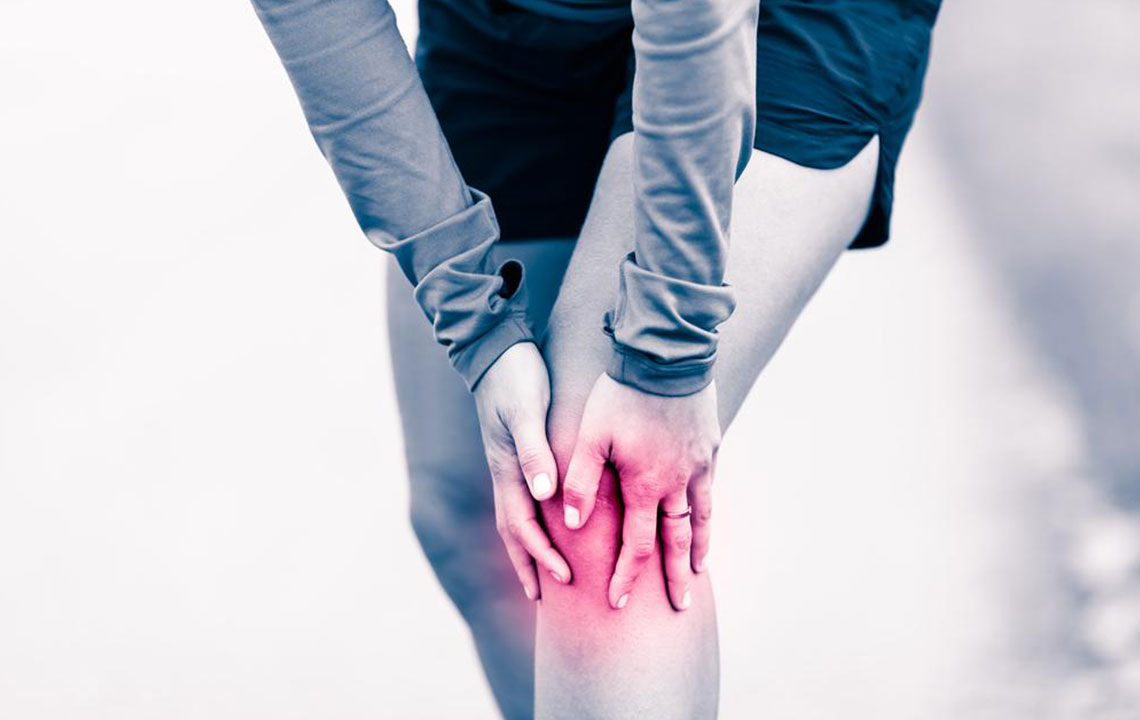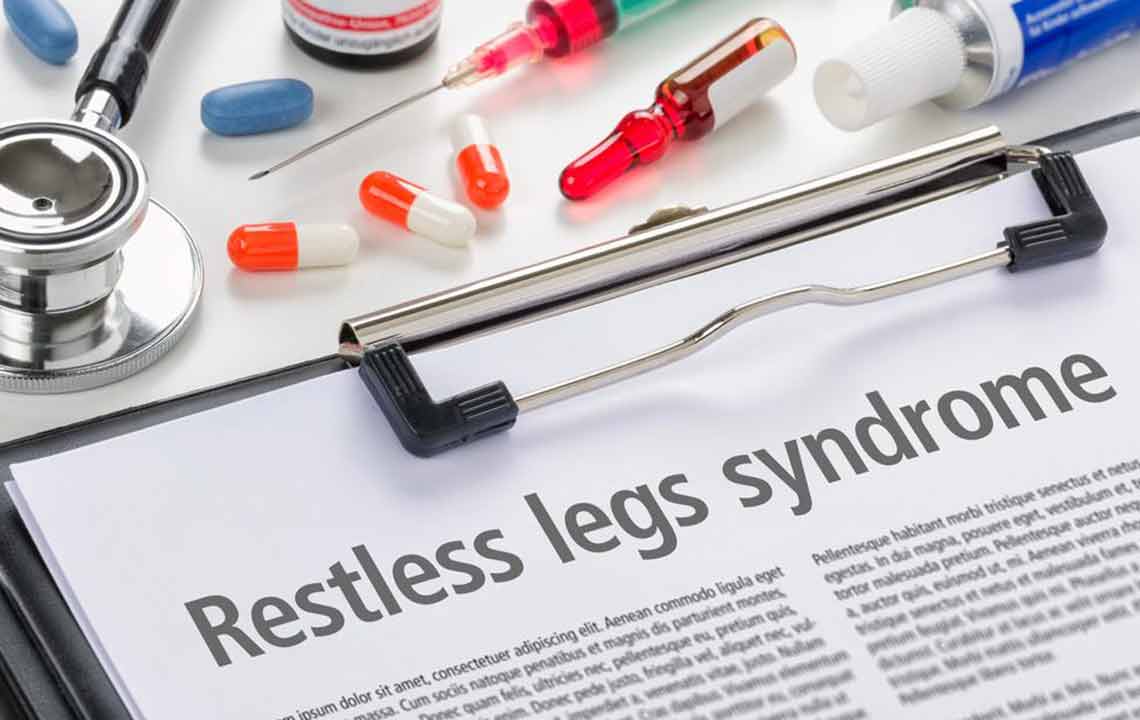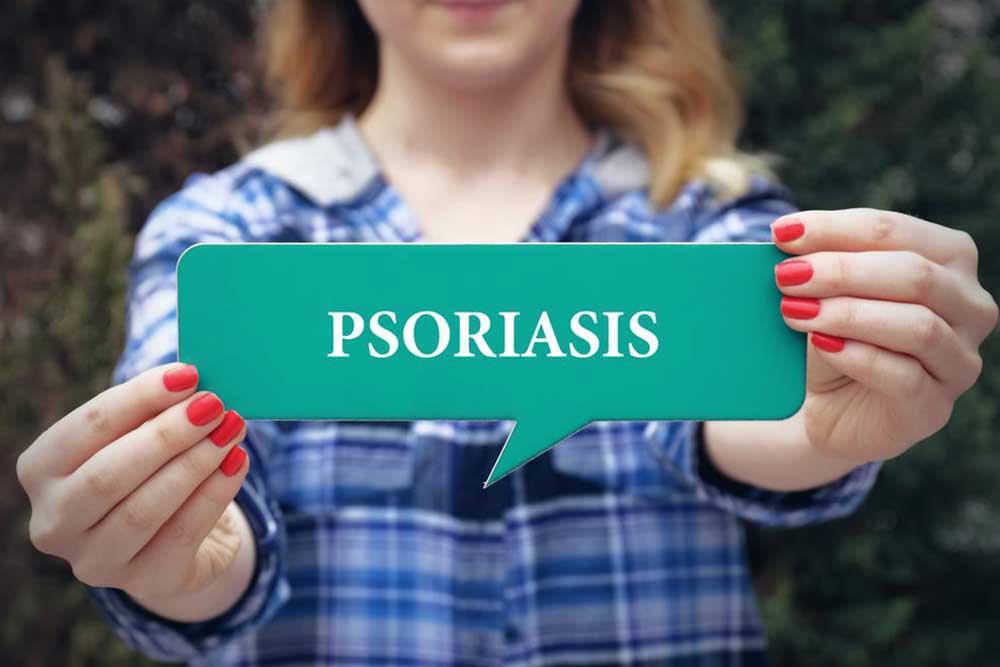Effective Home Strategies and Medical Options for Restless Legs Syndrome
Discover effective home remedies and medical options for managing restless leg syndrome. From lifestyle changes and dietary adjustments to medical treatments, learn how to alleviate symptoms and improve sleep quality. Early intervention can prevent symptoms from worsening and enhance overall well-being.

Home Strategies and Medical Treatments for Restless Legs Syndrome
Do you frequently feel the urge to shake your legs unintentionally? Maybe during lectures, meetings, or family gatherings? If this behavior feels compulsive, you might be experiencing restless leg syndrome (RLS). Here’s a comprehensive overview of RLS and practical remedies to ease your discomfort.
If your symptoms are mild and no serious health issues are involved, these home solutions may provide relief.
Alternating hot and cold compresses
Applying hot and cold packs to your legs can relax muscles and improve circulation. Soaking your legs in warm water also alleviates tension. For best results, try these treatments before bedtime.
This approach reduces pain and enhances blood flow in your legs, promoting relaxation. Regular exercise, such as daily brisk walking, also helps manage RLS caused by muscle stress and tension.
Consistent sleep routine
Because RLS often disrupts sleep, maintaining a strict sleep schedule can help. Going to bed and waking up simultaneously each day, taking calming activities like warm baths or meditation before sleep, and creating a dark, well-ventilated sleeping environment support better rest. Incorporate breathing exercises or meditation for 10-15 minutes to reduce stress.
Ensure your bed space is dark, quiet, and comfortable, which is essential for restorative sleep.
Address vitamin and mineral imbalances
Deficiencies in nutrients like iron, magnesium, folic acid, and vitamin B can trigger RLS. Enhancing your diet with iron-rich foods may mitigate mild symptoms. Always consult a healthcare professional before starting supplements, and perform blood tests to determine specific deficiencies.
Adjusting your diet to cut out caffeine, such as coffee, tea, chocolates, and soft drinks, along with reducing alcohol and tobacco, can significantly help.
Medical treatments and medications
If home remedies are ineffective, medical intervention might be necessary. Consult a doctor to explore options. Common meds include dopamine agonists to regulate brain dopamine, anti-seizure drugs for muscle relaxation, opioids, and sedatives. Be aware of side effects like nausea or dizziness, and discuss management strategies with your doctor.
Since RLS can be linked to serious conditions like kidney disease, Parkinson’s, or diabetes, treating these may also improve symptoms.
Lifestyle modifications
Changing daily habits can significantly reduce RLS symptoms. Gentle leg massages during idle moments, regular hot baths, and cold packs can soothe muscles. Monitoring your iron intake through diet and supplements, minimizing alcohol consumption, and maintaining consistent sleep routines can greatly help manage RLS effectively.
Ignoring RLS may lead to worsened sleep quality and daily impairment. Promptly adopting these strategies can lead to significant symptom relief and improved quality of life.










